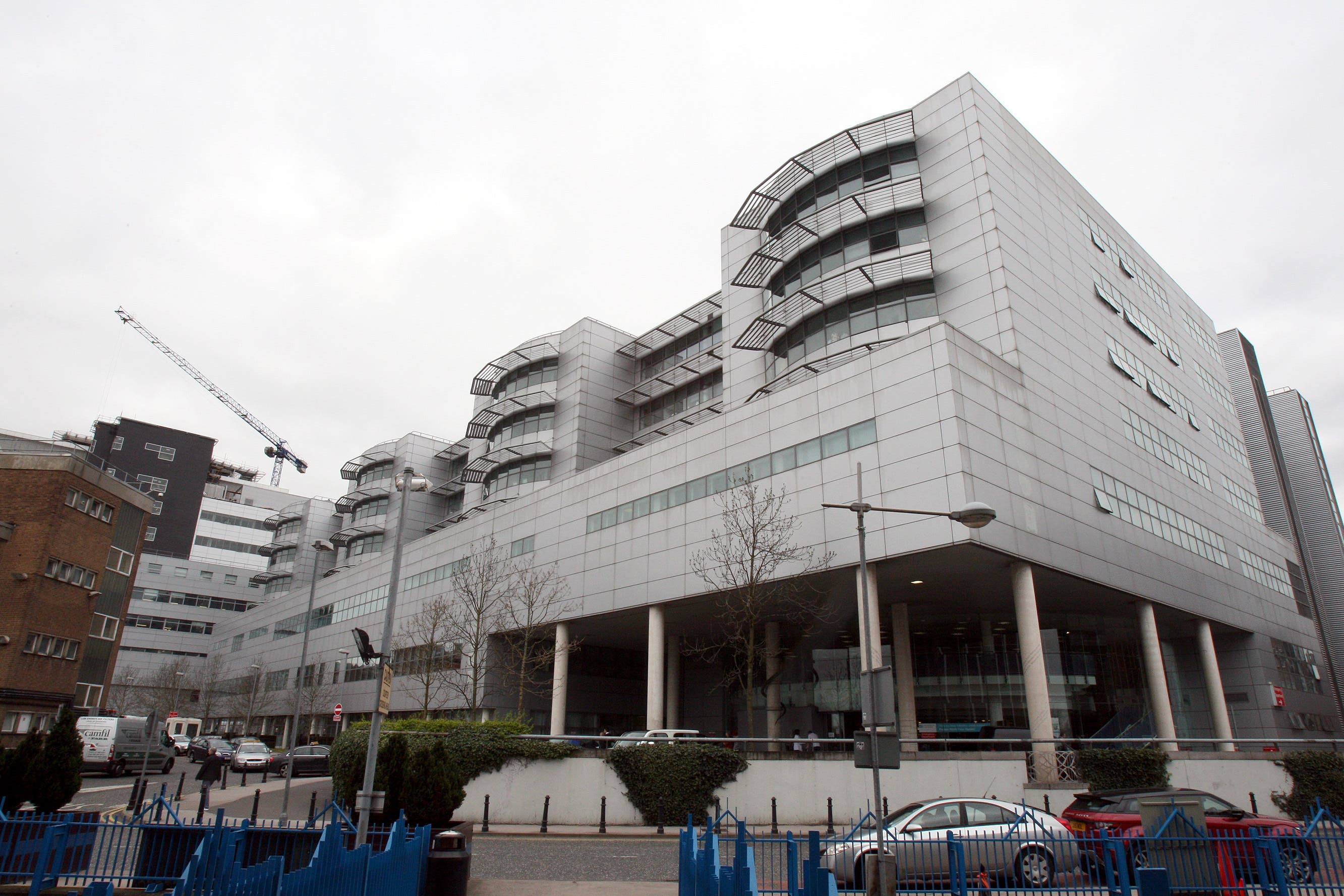Belfast neurologist struck off medical register following tribunal hearing
Dr Michael Watt was at the centre of the largest recall of patients in Northern Ireland.

Your support helps us to tell the story
From reproductive rights to climate change to Big Tech, The Independent is on the ground when the story is developing. Whether it's investigating the financials of Elon Musk's pro-Trump PAC or producing our latest documentary, 'The A Word', which shines a light on the American women fighting for reproductive rights, we know how important it is to parse out the facts from the messaging.
At such a critical moment in US history, we need reporters on the ground. Your donation allows us to keep sending journalists to speak to both sides of the story.
The Independent is trusted by Americans across the entire political spectrum. And unlike many other quality news outlets, we choose not to lock Americans out of our reporting and analysis with paywalls. We believe quality journalism should be available to everyone, paid for by those who can afford it.
Your support makes all the difference.Belfast neurologist Dr Michael Watt has been struck off the medical register following a tribunal.
Dr Watt was at the centre of Northern Ireland’s largest recall of patients.
A medical tribunal last week found that his fitness to practise was “currently impaired”, and that his professional performance was unacceptable.
On Monday morning, the tribunal ruled that Dr Watt should be erased from the medical register.
In the final determination, the tribunal concluded that erasure is the “only sufficient sanction which will protect patients”.
“Taking all these matters into account, and notwithstanding such mitigation as existed in this case, the tribunal considered that, having regard to the breadth and scope of the concerns highlighted by the performance assessment, Dr Watt’s deficient professional performance was fundamentally incompatible with continued registration,” the panel found.
“The tribunal has therefore determined that erasure is the only sufficient sanction which will protect patients and maintain public confidence in the profession.”
The panel also imposed an immediate order of suspension on his registration to cover the 28-day appeal period.
The Medical Practitioners Tribunal Service (MPTS) carried out the fitness to practise hearing.
Earlier in the hearings, a legal representative for Dr Watt withdrew from the hearing, expressing concern around his client’s mental health.
The hearings proceeded without him.
In 2018, more than 4,000 of the neurologist’s patients attended recall appointments amid concerns over his clinical practice.
A previous MPTS tribunal granted Dr Watt voluntary removal from the medical register.
However, the High Court in Belfast quashed that ruling due to concerns it was “not sufficient to protect the public”.
The three-person tribunal began its new hearing last month, when it was told a performance report into Dr Watt in 2018 found that he repeatedly failed to make correct diagnoses.
Dr Watt had been a consultant neurologist at the Royal Victoria Hospital in Belfast but ceased clinical practice in 2017.
He was interviewed three times for the GMC assessment report the following year.
The tribunal previously heard that the report stated Dr Watt’s performance was found to be deficient, he was not fit to practise and should cease practice.
The report said there was a persistent failure to take adequate histories from patients and carry out clinical examinations.
It also stated there was persistent and repeated failure to make correct diagnoses, resulting in patients receiving inappropriate management which included drugs with serious and toxic side effects.
It also said there was use of idiosyncratic diagnostic criteria, leading to patients receiving unnecessary invasive treatment.